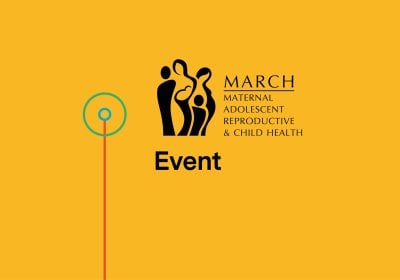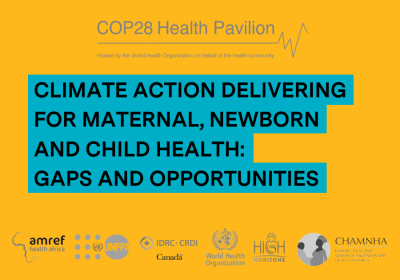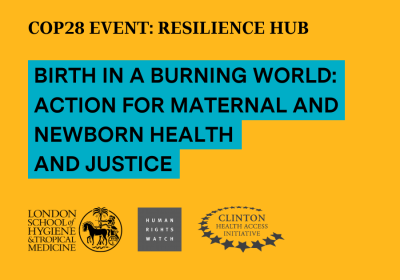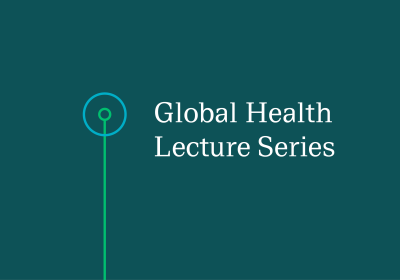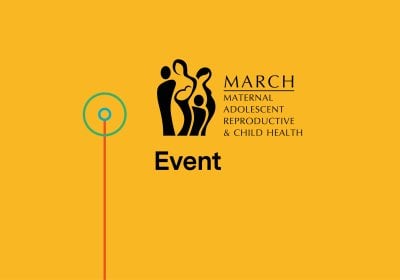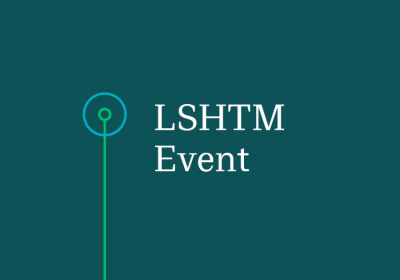How collaboration is experienced within Quality Improvement Collaboratives in Ethiopia
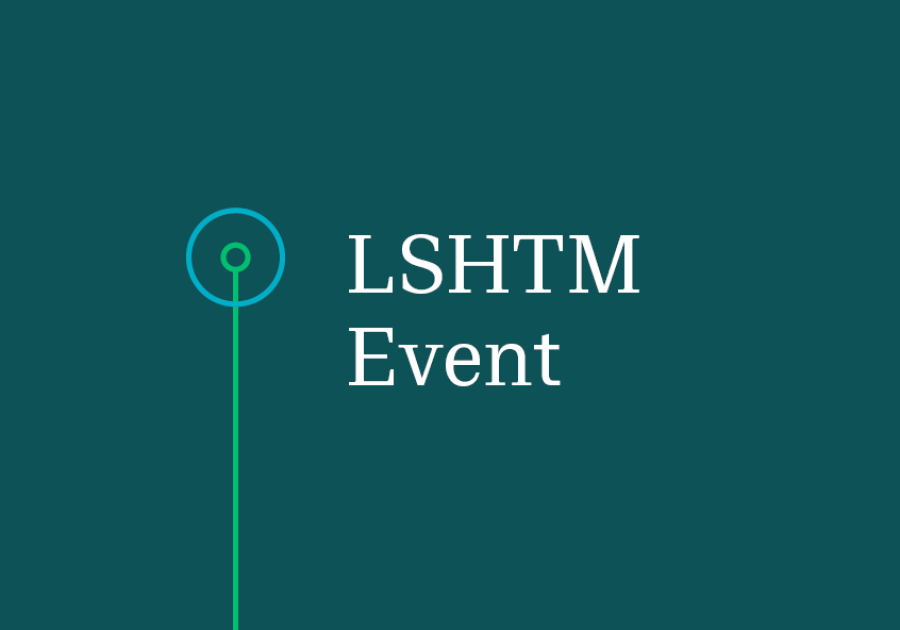
IDEAS webinar series in collaboration with the MARCH Centre and the Centre for Evaluation
The IDEAS Phase 2 project focusses on understanding what works, why and how to improve the health and survival of mothers, newborns and children. This four-part webinar series will provide an overview of four areas of IDEAS-led research.
- Part 1: Use of data for decision-making
- The first webinar will cover research conducted to support the use of data for decision-making through the implementation of the Data-Informed Platform for Health in Ethiopia.
- Part 2: Health Collaboratives in Ethiopia
- The second will cover research carried out to understand how quality improvement collaboratives operate, specifically in Ethiopia.
- Part 3: Experience of care
- The third webinar will focus on findings from a recent study that aimed to use novel data collection methods to understand women’s experience of facility-based childbirth care in Nigeria.
- Part 4: Effective coverage measurement
- The final webinar will present findings from research into effective coverage measurement for maternal and newborn health, as part of a long-standing engagement in Gombe State, Nigeria.
Part 2: Health Collaboratives in Ethiopia
Quality improvement collaboratives require collaboration across and within health facilities to enable and accelerate quality improvement. Little is known about how this fundamental component transfers from high income settings, where the intervention originated, to low-income settings. We explored collaboration within quality improvement collaboratives in Ethiopia to learn lessons for implementers about this key mechanism.
Speaker
Professor Zelee Hill, University College London
Zelee’s work of the IDEAS project has focused on understanding whether and how quality improvement collaboratives work. She also led work in Ethiopia and Nigeria to understand the work of community health workers and their role in community level behaviour change.
Please note that the recording link will be listed on this page when available.
Admission
Contact

